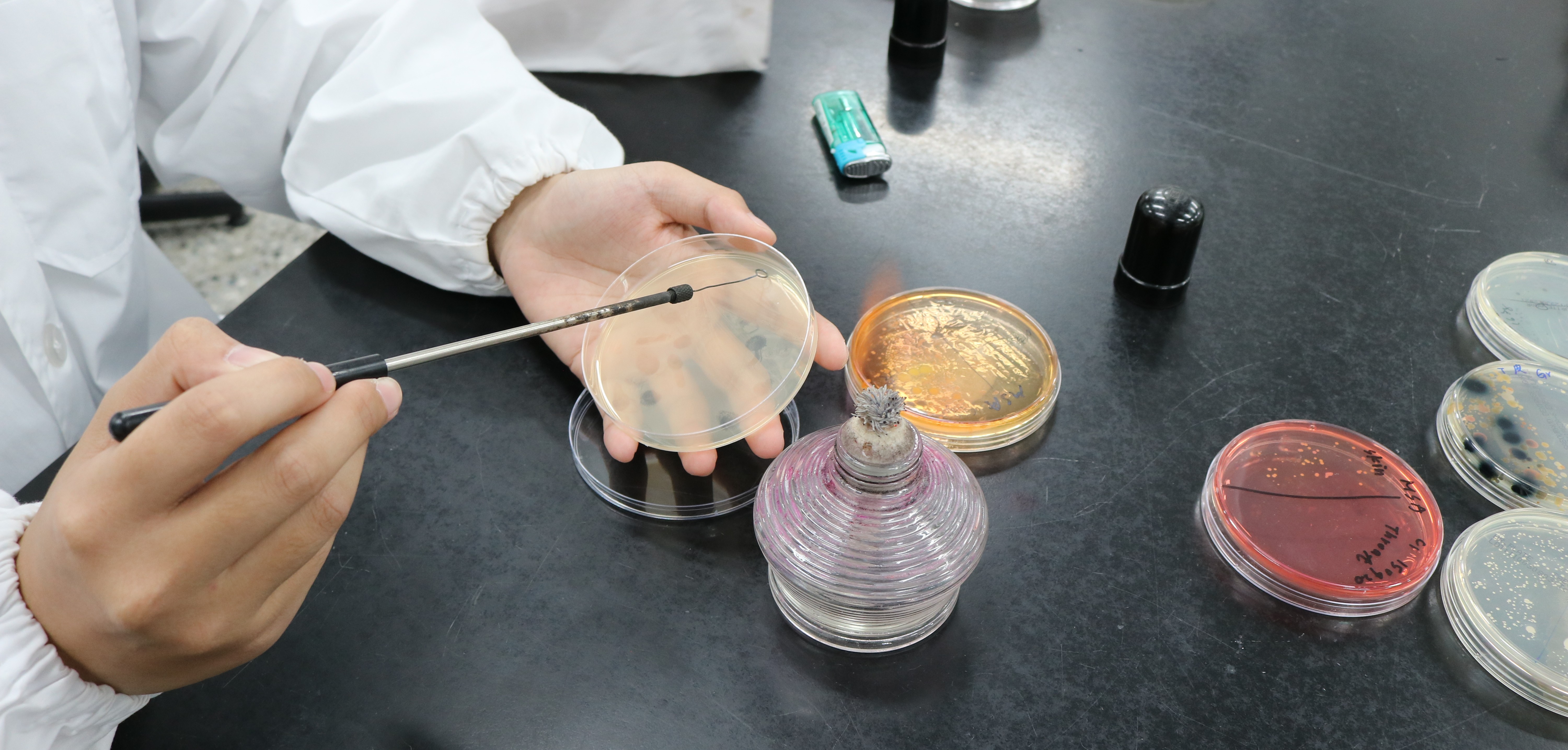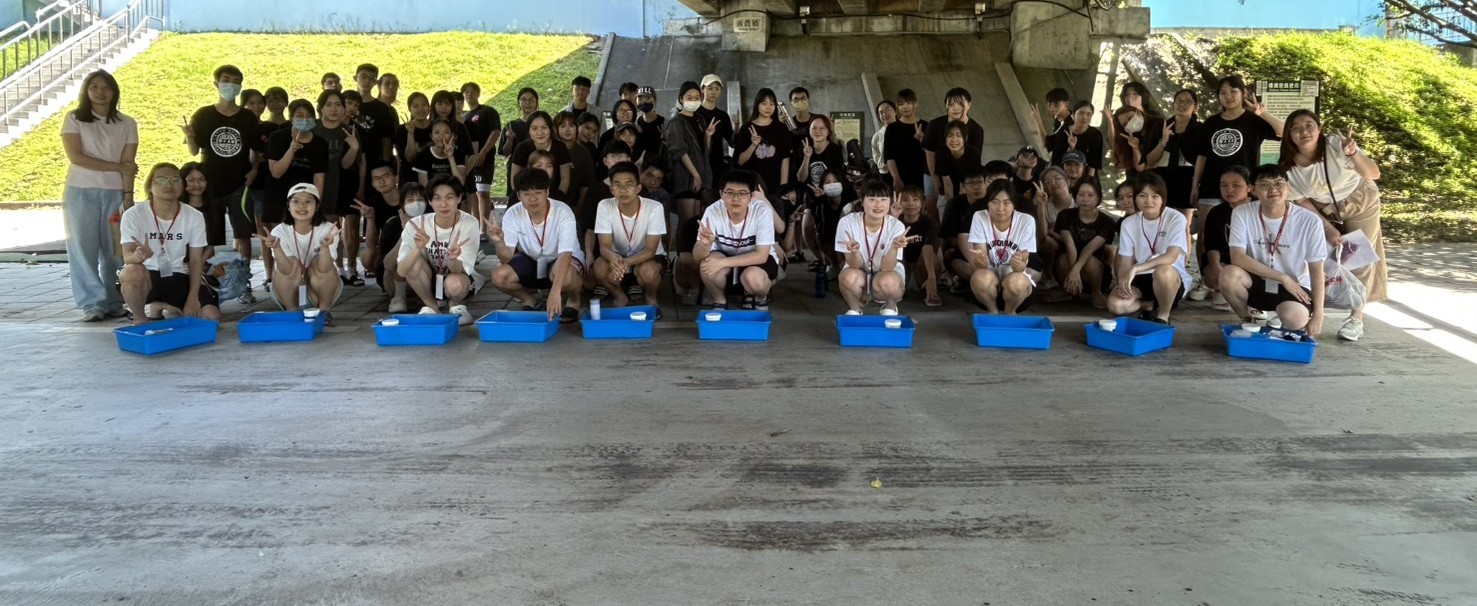Features
The education in the Department emphasizes equally on theories and practices. It aims to develop talents with balanced thinking and experimental skills and with clear logics.. Through lectures, laboratory exercises, and many well-designed internship and speeches, it equips students with broad knowledge and skills of microbiology, developing their basic abilities to explore life science. The curriculum covers all important and related topics in microbiology, hoping that students can acquire broad knowledge and skills. Its education objectives meet the characteristics of the campus, pulsation of society, features of school development, professional background of the staff, and the movement of academic research. The goal of its undergraduate education centers on microbiology, cultivating technology expert potential for further development in different professional fields of life sciences.
Students are enrolled respectively into Applied Microbiology Program and Molecular and Cell Biology Program. The course design puts equal emphasis on students’ interests and future development. Besides, theories and laboratory skills are coordinated. All courses center on the core value of microbiology. In addition to required courses, specialized elective courses of both programs are rich, elaborate, and fruitful. The Applied Microbiology Program has set up two modules: Applied Microbiology and Environmental Microbiology, which cultivate biotechnology expert potential for Food Microbiology, Industrial Microbiology, and Environmental Microbiology. The Molecular and Cell Biology Program has set up two modules: Molecular Biology and Genetic Immunology, which cultivate biotechnology expert potential for Molecular Biology, Genetics, Cytology, and Immunology.
The Department adopts a teaching style of small classes (the teacher-student ratio is lower than 1:20). It supplies sufficient equipments, facilities, and consumables for students to perform experiments to ensure students’ learning quality. During the class, the teaching materials of multimedia play a significant role in enhancing instruction efficiency, conducting syllabus strictly, making all courses rich in content. The graduate program builds up skills of independent thinking and problem-solving, and hews out research abilities in life sciences. It primarily helps dig into the depth of related knowledge in microbiology, understand principles of research methods, and develop abilities of independent study. The PhD program helps move forward to environmental biotechnology, especially the research in the application of modern biological technologies to this field.
(二) 68 credits in total for specialized required subjects:
(三) At least 32 credits for specialized elective courses:
(二) At least 18 credits for specialized elective subjects:
3、Webpage on the curriculum map and course content: http://microbiology.scu.edu.tw/curri.htm








